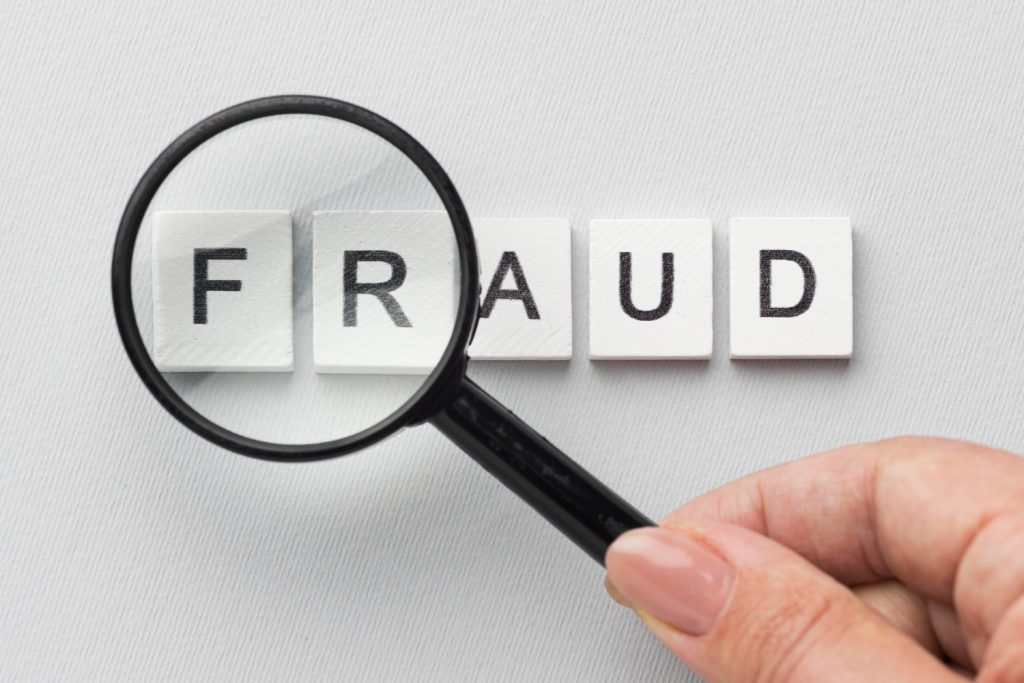
Fraud in organizations is a serious issue that can lead to financial losses, legal troubles, and reputational damage. Whether it’s embezzlement, financial statement fraud, or corruption, businesses of all sizes face the risk of fraudulent activities if internal controls are weak or nonexistent.
Understanding fraud, identifying internal control weaknesses, and implementing fraud prevention strategies can help businesses protect their assets and maintain stakeholder trust.
This article will explore:
- The most common types of fraud in organizations
- How internal controls prevent fraud
- Weaknesses in internal controls that increase fraud risks
- Best practices to strengthen fraud prevention measures
- How expert assistance can help safeguard your business
Common Types of Fraud in Organizations
Fraud in a business context refers to intentional deception for financial or personal gain. The most common types of fraud include:
1. Asset Misappropriation
This occurs when employees steal or misuse company assets. Examples include:
- Theft of cash or inventory
- Submitting false expense reports
- Unauthorized use of company funds
2. Financial Statement Fraud
Financial statement fraud involves deliberate misrepresentation of financial information to deceive investors, creditors, or other stakeholders. This includes:
- Overstating revenue or assets
- Underreporting expenses or liabilities
- Falsifying accounting records
3. Corruption and Bribery
This type of fraud happens when individuals in positions of power engage in unethical practices to gain an unfair advantage. Examples include:
- Bribery to influence business decisions
- Conflict of interest in awarding contracts
- Kickbacks from suppliers or vendors
Example: A lack of proper internal controls can lead to financial fraud and long-term reputational harm. Organizations that fail to monitor transactions effectively may face regulatory fines and legal consequences.
The Role of Internal Controls in Fraud Prevention

Internal controls are policies and procedures designed to protect business assets, ensure financial accuracy, and prevent fraud. Properly implemented internal control systems help reduce the risk of fraudulent activities.
Key components of internal controls include:
1. Segregation of Duties
Dividing financial responsibilities among different employees prevents any one person from having complete control over a transaction. Examples include:
- Separate authorization, record-keeping, and asset custody
- Different personnel for processing payments and approving expenses
2. Authorization and Approval Processes
Implementing strict approval policies ensures that high-value transactions undergo multiple reviews.
- Require management approval for large financial transactions
- Implement dual authorization for wire transfers and payroll processing
3. Regular Reconciliation and Financial Monitoring
Frequent financial reconciliations help detect discrepancies early. This includes:
- Monthly bank reconciliations to verify cash flow accuracy
- Audit trails for all transactions to track accountability
4. Access Controls and Security Measures
Restricting access to financial systems ensures that only authorized personnel can handle sensitive information. Key measures include:
- Role-based access controls for accounting and HR systems
- Multi-factor authentication to prevent unauthorized logins
5. Internal Audits and Surprise Reviews
Conducting unannounced financial audits discourages fraud. Benefits of surprise audits include:
- Identifying financial discrepancies before they escalate
- Ensuring employees adhere to company policies
Note: Businesses that implement strong internal controls experience significantly lower fraud cases than those with weak oversight.
Common Weaknesses in Internal Controls That Lead to Fraud
Despite having internal controls, gaps in fraud prevention policies can still exist. The most common internal control weaknesses include:
1. Lack of Oversight
Without regular supervision, employees may exploit system vulnerabilities for personal gain.
2. Inadequate Segregation of Duties
Allowing a single individual to handle multiple aspects of financial transactions increases fraud risks.
3. Poor Documentation
Insufficient record-keeping makes it easier to conceal fraudulent activities
4. Absence of Whistleblower Policies
Without a safe way for employees to report fraud, unethical behavior may go unnoticed.
Note: Small businesses often struggle to implement strong internal controls due to limited resources, making them more vulnerable to fraud. Seeking expert assistance like Wells Accounting and Tax Services can help develop effective fraud prevention strategies.
Best Practices for Strengthening Internal Controls Against Fraud
To enhance fraud prevention, organizations should follow these strategies:
1. Establish a Fraud Prevention Policy
Develop clear policies that outline
- Acceptable financial practices
- Consequences for fraudulent behavior
2. Promote an Ethical Workplace Culture
Encouraging ethical behavior through leadership creates a work environment where fraud is less likely to occur.
3. Provide Fraud Awareness Training
Educating employees on how to recognize and report fraud helps identify suspicious activities before they escalate.
4. Leverage Technology for Fraud Detection
Using fraud detection software can help monitor transactions and flag irregular activities.
- AI-powered analytics to detect unusual spending patterns
- Automated alerts for suspicious financial activities
Fact: Organizations that invest in fraud prevention training and advanced monitoring systems experience 50% fewer fraud incidents than those that do not.
Conclusion
Fraud prevention is critical for business sustainability and financial integrity. By identifying internal control weaknesses, implementing best practices, and fostering a culture of accountability, organizations can reduce fraud risks significantly.
At Wells Accounting and Tax Services, we help businesses develop strong internal control systems to prevent fraud and protect financial assets.
Need expert fraud prevention strategies?
Call us today at 081-7801-1853 or 080-3703-3400
Email: info@wellsaccountingtax.com
Visit : www.wellsaccountingtax.com
With the right internal controls and professional guidance, businesses can eliminate fraud risks and build a secure financial future.

